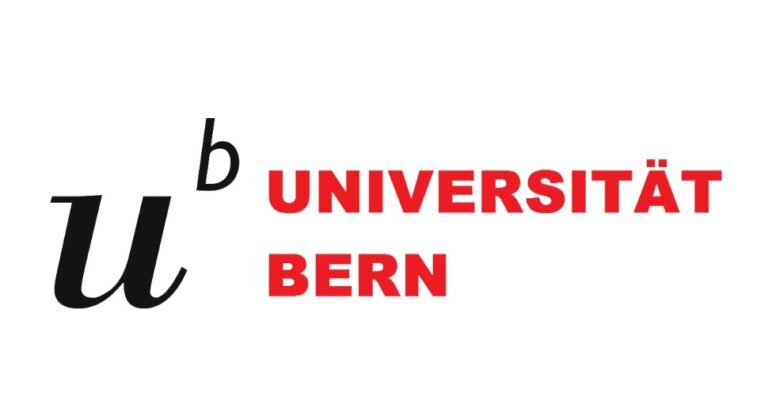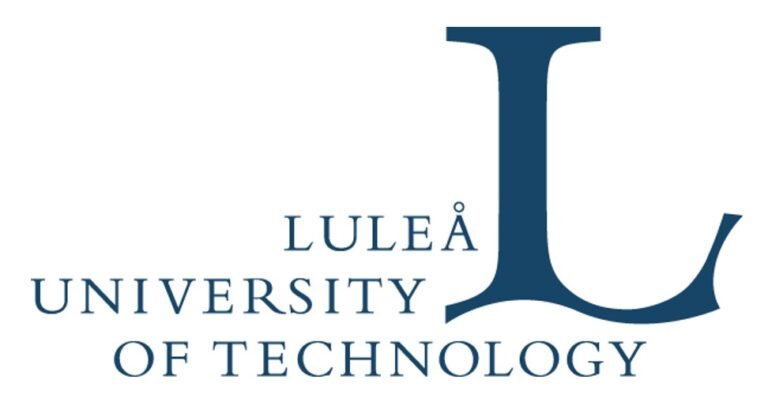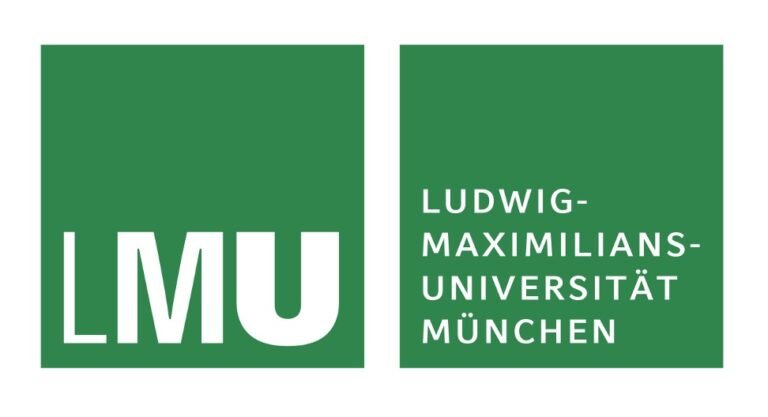You will develop operations research methods for healthcare logistics, with a focus on mathematical models and data-driven decision rules for the allocation of patients to hospitals and regions to minimize lost healthy life years during and after a large infectious outbreak.
You will implement your decision rules in decision support systems to facilitate their real-life use during future health crises.
You will work in close collaboration with stakeholders in the medical domain, such as hospitals, as well as regional, and national bodies responsible for patient allocation.
Access to care is a fundamental human right to be maintained even during a health crisis. Pandemics, large outbreaks of infectious diseases such as influenza, or outbreaks of high-consequence infectious diseases such as Ebola result in seriously ill patients straining healthcare delivery from a clinical perspective as well as from the perspective of available hospital resources such as operating rooms, staffed beds at the ward and ICU. During outbreaks, sustaining regular care for non-infected patients is just as essential as care for infected patients. Especially non-urgent care is at risk of being postponed.
You will integrate medical, health-economic, and logistical elements into mathematical models and data-driven decision rules for the allocation of patients to hospitals and regions to minimize lost healthy life years during and after a large infectious outbreak. Such models may, for example, be composed of statistical techniques to forecast the number of pandemic patients, stochastic models to determine the number of hospitalised patients, and optimisation models to allocate patients to hospitals and regions.
You will implement your decision rules in decision support systems to facilitate their real-life use during future health crises. To this end, you will work in close collaboration with hospitals, the ”Regional Consultation Acute Chair Chain” (Regionaal Overleg Acute Zorgketen, ROAZ) at the regional level, and the “National Coordination Center for Patient Reallocation” (Landelijk Coördinatiecentrum Patiënten Spreiding, LCPS) at the national level.
Your project will be embedded in the inter-faculty research team CHOIR (Centre for Healthcare Operations Improvement and Research). CHOIR is a research center within the UT that focuses on Operations Research methods for Healthcare Logistics, such as multi-appointment scheduling, surgery scheduling, and resource allocation in times of scarce healthcare capacity. CHOIR is one of the most active and productive research groups in the field of Operations Research and Management in Healthcare. See https://www.utwente.nl/en/choir/.
Your profile
* You have acquired a Master’s degree in mathematics, operations research, econometrics, industrial engineering, or a closely related discipline.
* You have excellent programming skills.
* You are an enthusiastic and highly motivated researcher.
* You have a creative mindset and excellent communication skills.
* You have a good team spirit and like to work in an interdisciplinary and internationally oriented environment.
* You are proficient in English.
* The UT and the faculty EEMCS are inclusive toward underrepresented groups and strive to increase the proportion of female staff. Female applicants are particularly welcome.
Our offer
* As a PhD candidate at UT, you will be appointed to a full-time position for four years, with a qualifier in the first year, within a very stimulating and exciting scientific environment;
* The University offers a dynamic ecosystem with enthusiastic colleagues;
* Your salary and associated conditions are in accordance with the collective labour agreement for Dutch universities (CAO-NU);
* You will receive a gross monthly salary ranging from € 2.901,- (first year) to € 3.707,- (fourth year);
* There are excellent benefits, including a holiday allowance of 8% of the gross annual salary, an end-of-year bonus of 8.3%, and a solid pension scheme;
* The flexibility to work (partially) from home;
* A minimum of 232 leave hours in case of full-time employment based on a formal workweek of 38 hours. A full-time employment in practice means 40 hours a week, therefore resulting in 96 extra leave hours on an annual basis.
* Free access to sports facilities on campus
* A family-friendly institution that offers parental leave (both paid and unpaid);
* You will have a training programme as part of the Twente Graduate School where you and your supervisors will determine a plan for a suitable education and supervision;
* We encourage a high degree of responsibility and independence while collaborating with close colleagues, researchers and other staff.
Information and application
Are you interested in this position? Please send your application via the ‘Apply now’ button below before December 31, 2024, and include:
* A cover letter (maximum 2 pages A4) emphasizing your specific interest, qualifications, and motivations to apply for this position.
* A Curriculum Vitae, including a list of all courses attended and grades obtained, and, if applicable, a list of publications and references.
* A copy of your Master’s thesis or, if it is not yet available, an outline and summary of your thesis.
* An IELTS-test, Internet TOEFL test (TOEFL-iBT), or a Cambridge CAE-C (CPE). Applicants with a non-Dutch qualification and who have not had secondary and tertiary education in English can only be admitted with an IELTS-test showing a total band score of at least 6.5, internet. TOEFL test (TOEFL-iBT) showing a score of at least 90, or a Cambridge CAE-C (CPE).
First round of interview will be held on January 8, 2025.
For more information regarding this position, you are welcome to contact Richard Boucherie, r.j.boucherie@utwente.nl.






